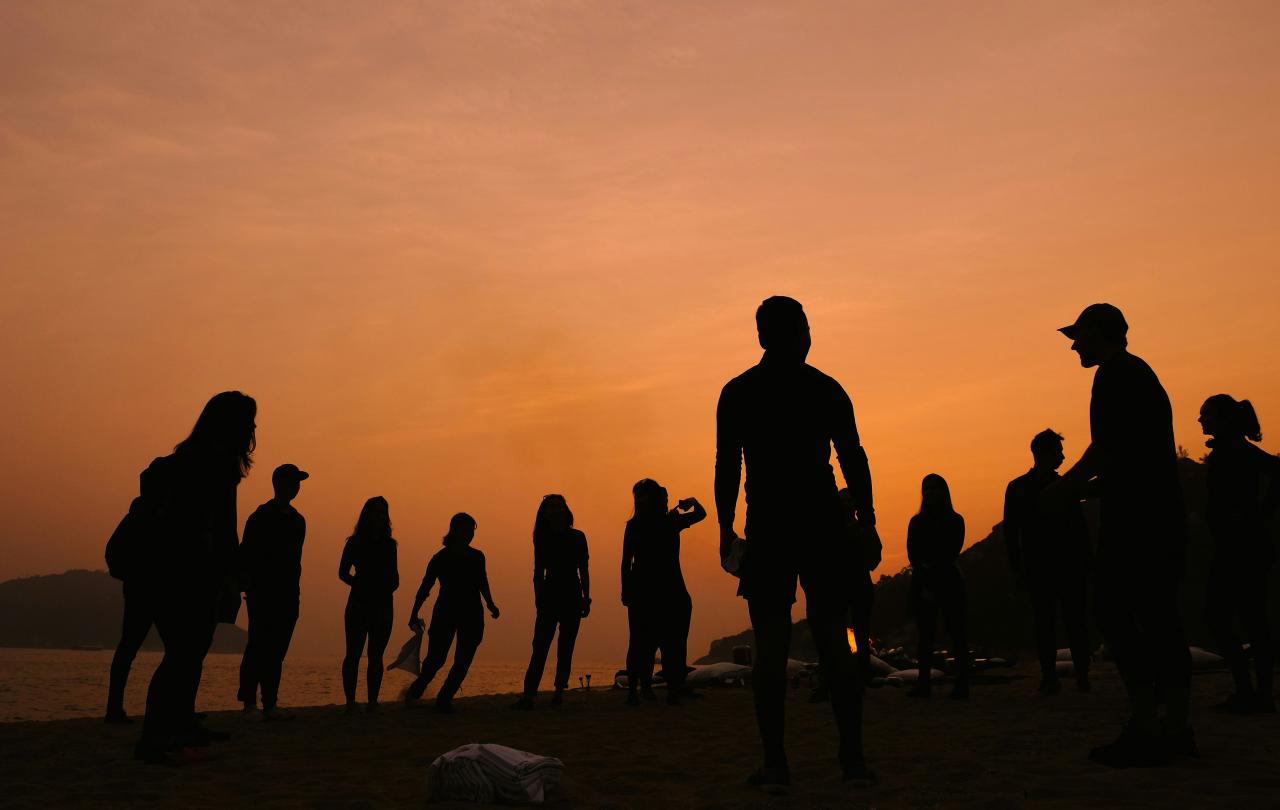
Much has been written over these past days about Justin Welby’s resignation and the turmoil in the Church of England. Attention has focused on who knew what, and who did or didn’t act on their knowledge. Less attention has been focused on the dark heart of this story – John Smyth himself and the way he conducted his sinister campaign of manipulation and harm. A campaign that was – the more I think of it – not just abusive, but demonic.
How could Smyth have got away with it for so long? How could he have persuaded these young men to go along with his sadistic beatings? Why did people try to ignore it, hoping they could keep it quiet?
If there is one note struck in the Bible about evil, it is its deceitfulness. Jesus called the devil ‘the father of lies’ – and lies always present themselves convincingly as the truth. St Paul once wrote of how “Satan himself masquerades as an angel of light. It is not surprising, then, if his servants also masquerade as servants of righteousness.” The meaning of the name ‘Lucifer’ is literally ‘light bringer’.
This all reflects the ancient tradition taken up by John Milton’s Paradise Lost, of Satan as a fallen angel – one of the crowd of celestial creatures, usually invisible to humans, who appear at key moments in the Bible, like the visions of Isaiah or the birth of Jesus – one who unlike all the others, resented his subservient role as a messenger of God and set himself up as a rival instead. Yet the point is he still looks like an angel. And so, it seems, did John Smyth, with his fine words, clever sounding theology and earnest prayers.
A few days ago, I listened to an account from one of the survivors of the way John Smyth went about grooming his victims. Smyth presented himself as a father-figure for young boys away from home in boarding school, looking for older parental figures who would help guide them through the confusions and complexities of adolescence. To justify this, he would say that of course God is our Father, as Jesus says in the Lord’s Prayer, but God is our Father in heaven, not on earth, and that he, John Smyth, was to act as their earthly father. And, as he claimed, fathers discipline their children, he had the responsibility to discipline them physically for their spiritual benefit, with the horrendous results with which we are all now too painfully aware.
The arrogance of this is breathtaking. For any being – human or celestial - to put themselves in the place of God, to presume to usher God into the distance and to step into his shoes, is an echo of that primal sin of Satan in the garden of Eden, who tells Adam and Eve that they don’t need to listen to God, but instead to him.
When you survey the carnage Smyth’s warped theology and evil practice has wreaked – most tragically to the lives of those he mistreated so deviously, it is hard not to see something more than merely sinful – but something demonic going on. John Smyth chose to obey the dark instincts of his heart, and to take the Faustian pact that grasps power over others at the loss of one’s own soul. He chose to give in to his evil desires entirely, cloaking them in phony but eloquent religious terminology.
Acknowledging the deceitfulness of evil is not to excuse those who tried to cover it up. In fact, recognising this is to hear a call to greater vigilance, in that when faced with something of this order we are not facing something obvious, ordinary, easy to spot. “Our struggle is not against flesh and blood,” says the letter to the Ephesians, “but against the spiritual forces of evil in the heavenly places.” If we in the Church have not taken safeguarding seriously enough, it is because we have not taken the nature of evil seriously enough. Remaining alert for the evil that masks itself as goodness – whether in the church or anywhere else for that matter - is a spiritual and moral skill we need to learn more than ever.





